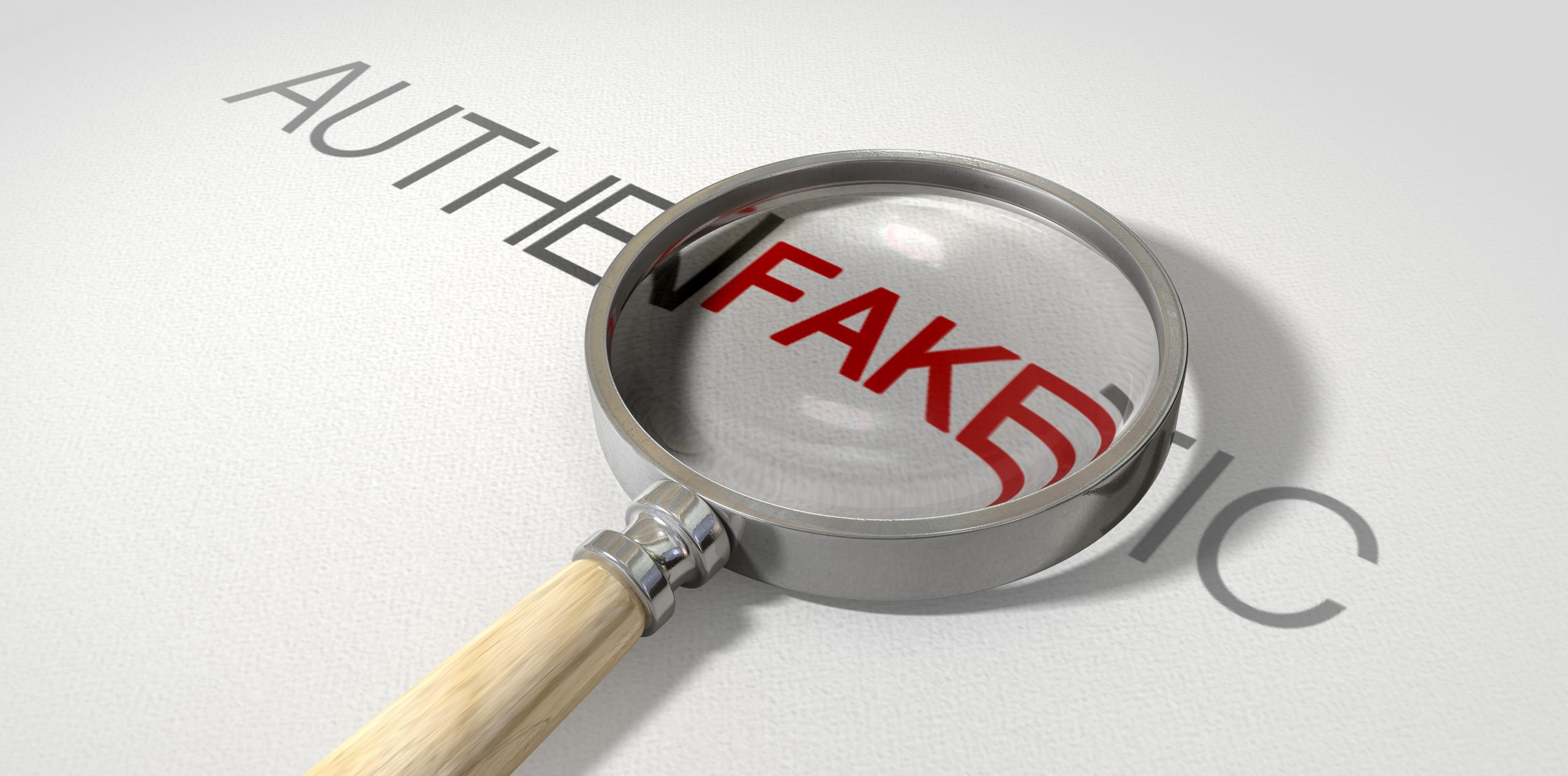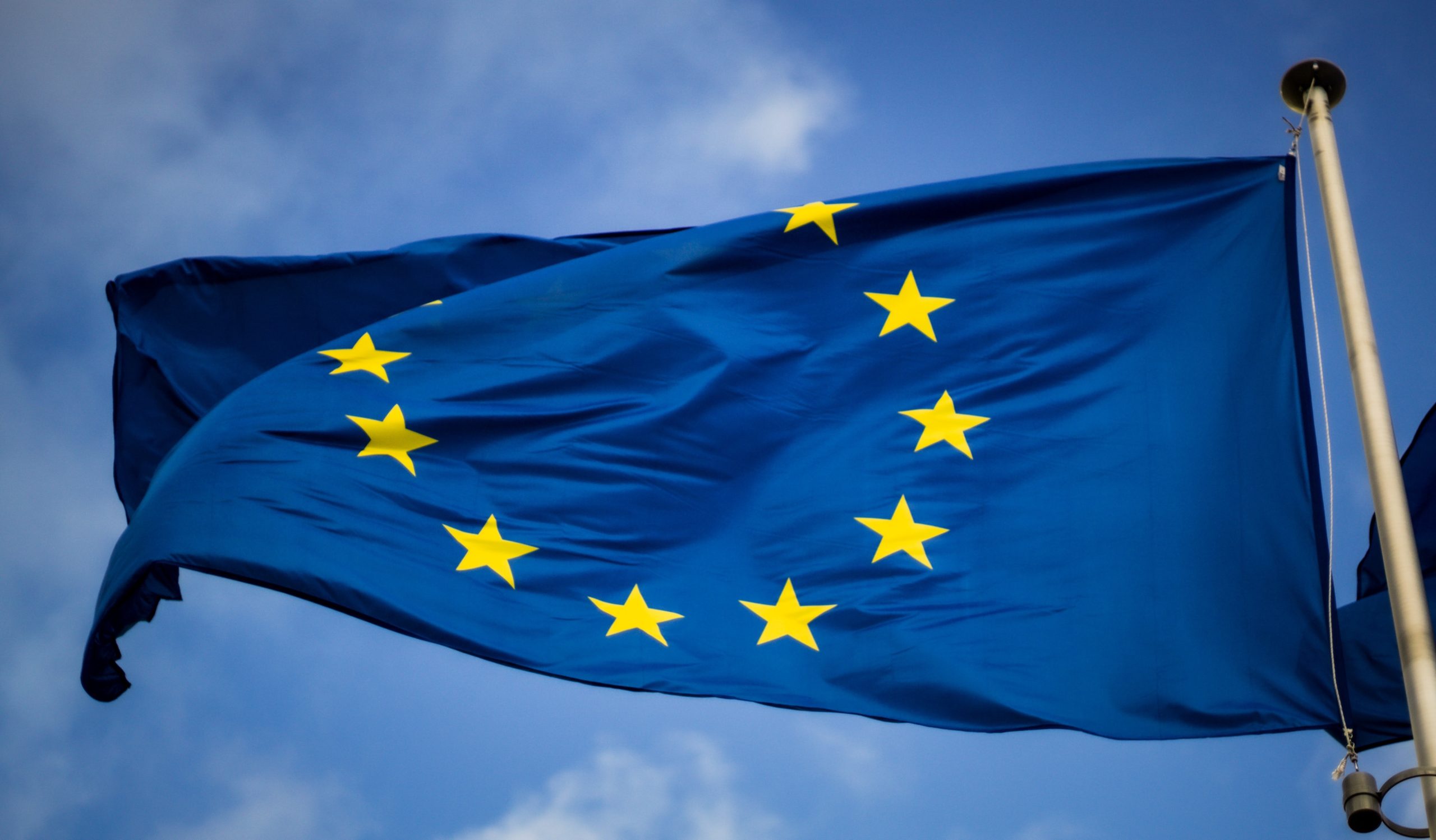Nowadays, there are so many different ways to access and enjoy digital entertainment that it can be difficult to identify which option is legal and which is not. As a consequence, online copyright infringement or online piracy has become one of the most serious and increasing problems. Harsh sanctions do not seem to have had a great effect in terms of reducing the problem. Consequently, in the United States, the Center for Copyright Information (CCI) has recently created a procedure, called Copyright Alert System (CAS), to make consumers aware that unlawful sharing activity may have occurred over peer-to-peer networks using their internet accounts. The system educates them on how they can prevent copyright infringement from happening again and provides information about the growing number of ways to access digital content legally.
The Center for Copyright Information was set up as a collaboration between the content community and the Internet Service Providers. The first one includes artists and content creators such as the members of the Recording Industry Association of America (RIAA) and Motion Picture Association of America (MPAA). Independent filmmakers and record producers represented by the Independent Film and Television Alliance (IFTA) and the American Association of Independent Music (A2IM) are part of the Center too. The second one includes five major Internet Services Providers (ISPs) which are: AT&T, Cablevision, Comcast, Time Warner Cable and Verizon. The purpose of CCI is to educate consumers about the importance of copyright protection, providing information about online piracy and showing legal ways to use the digital content.
The Copyright Alert System, in particular, consists of a progressive series of alerts.
Companies that own and develop music, films, and TV shows join public peer-to-peer networks to verify if their contents, available on that network, are being shared without permission, thus, violating the U.S. Copyright Law. After proving that a file has been shared illegally, content owners identify the Internet Protocol (IP) address used by the computer to make the file available. Considering that each IP address belongs to an Internet Service Provider (ISP), content owners can notify the ISP, to which the address is assigned of the violation, so it will pass a Copyright Alert on to its customer. It is important to underline that, through the process described, no personal information about consumers is shared between the content owners and ISPs.
After receiving the first “Alert”, consumers should: stop downloading or sharing content illegally immediately, make sure that everyone who uses their internet connection knows about the alert received and advise them to use only legal sources for music, TV shows and films. They should also secure their home wireless network so that only people they authorize are able to use it. If multiple “Alerts” are received it means that there may be more than one instance of copyright infringement associated with that account. As a consequence, the Internet Service Provider may undertake corrective measures (also called mitigation measures) such as: temporary reduction in the internet speed, temporary downgrade to the internet service tier or redirection to a landing page for a set period of time, until the consumer contacts his ISP, or until he completes an online copyright education program. Of course, if no more content is illegally downloaded or shared from that account the consumer will not receive additional “Alerts”.
If consumers believe that the “Alerts”, they have received, are wrong they may request the access to the Independent Review Program, run by the American Arbitration Association (AAA), an organization which provides fair and neutral alternative dispute resolution. The procedure to file a request for Independent Review is very clear: consumers must start it from their ISP’s system and they have only fourteen calendar days after receiving a “Mitigation Alert” to do so; customers will be asked to complete different steps, including paying a $35 fee. Once a request for review is filed, any possible mitigation measures will be suspended pending the outcome. If the customer is successful in his challenge, no mitigation measure will be applied and the $35 filing fee will be refunded. However, if the customer is not successful, the mitigation measure selected by the ISP will be applied.
The Copyright Alert System is evidently aimed at educating consumers on the legal use of digital entertainment, preventing any copyright infringements, rather than the application of legal sanctions. However, many doubts arise concerning the concrete enforcement of this program. Considering that the CAS can identify the users just through their IP, the System will probably just target inexperienced consumers, because experts certainly know how to disguise their IP (using proxy or VPN services, for instance). In conclusion the Copyright Alert System will evidently be unable to prevent a large part of users from illegally accessing copyright material.
Learn more on: http://www.copyrightinformation.org/the-copyright-alert-system/


